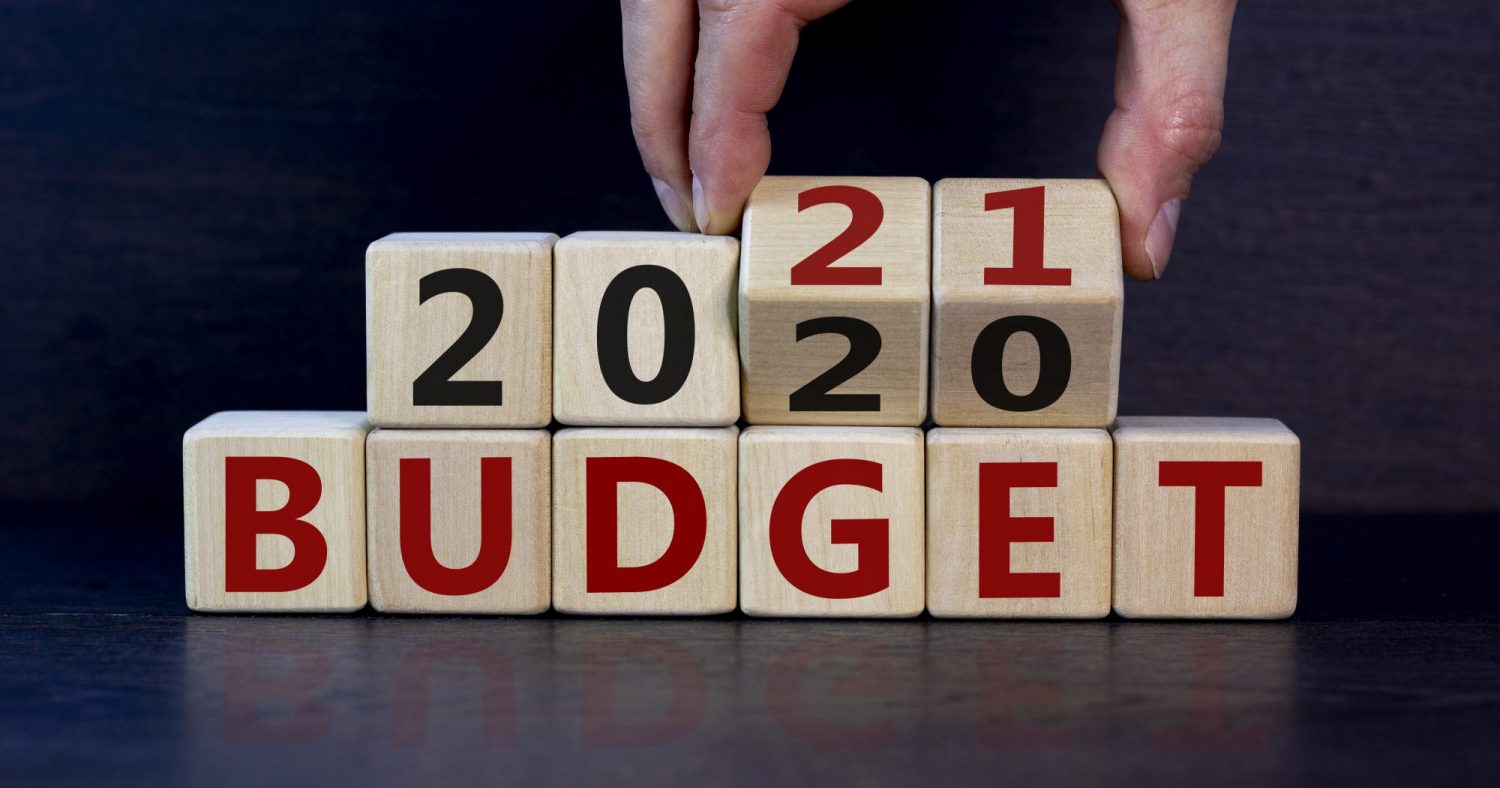
The Budget 2021: a true crunch moment
If 2020’s Budget fell at a critical moment, ironically on the same day that the WHO declared Covid-19 a pandemic, then this year’s financial run-down from the chancellor can be considered a true crunch-moment.
The ignorant bliss of believing that the virus would be sent packing in twelve weeks, as the Prime Minister once assured us, has gone, and in its place is a country left battered and bruised by months of restrictions. Rishi Sunak’s announcement this lunchtime, while similarly optimistic in tone to last year’s, accepted that this Budget would be one of recovery, focusing on healing the gaping wounds of industries, like hospitality, and fixing public finances above all else.
However, Sunak has not forgotten the Conservative’s election-winning commitment to “level up” Britain, which promised to back big industry, particularly in the North of England. It was this pledge that played its part in turning the red wall blue and, considering regions such as the North East have been among the most affected by Covid-19, the chancellor was aware that some vision for life beyond 21 June was needed.
We take a look at how Rishi Sunak has balanced his various commitments to industry and infrastructure while attempting to stabilise a country at the tail-end of a pandemic.
The Cost of Covid
Labelling himself first and foremost the “responsible chancellor”, Sunak outlined his plans to alleviate the UK’s extortionate debts. This included increasing the tax on large company profits from 2023, which was met with some concern from the CBI. To support struggling industries, there will be a host of new funding streams, such as a Recovery Loans Scheme, but with no rise in Statutory Sick Pay and a freeze to the income tax threshold at £12,500 until 2026, many will question the credibility of Sunak’s promise that, “nobody’s take home pay” will be affected.
It has not surprised anyone that more funding for the vaccination rollout was announced prior to today’s briefing – an extra £1.65bn was pledged to help the programme hit its ambitious targets of vaccinating all adults by the end of July. Despite a boast of the impressive work undertaken with jabs, very little was said about the NHS throughout. This was picked up by the Labour leader, Sir Keir Starmer, who claimed that the Tories failed to prioritise the NHS in their plans – “A Labour budget would have had the NHS and social care front and centre”, he stated. Even the Conservative MP, Jeremy Hunt, has stated that the social care sector “need to know a plan is coming.”
This is the common criticism flying around senior healthcare figures – the Budget says very little about public health in general. To be precise, the red book only mentions the NHS ten times. There were no plans for what many believe is a looming mental health crisis, nothing on social care – much to the disappointment of NHS Providers who claim “radical change” is needed – and any mention of a pay rise for NHS workers was also absent. Members of the BMA have also voiced concerns over the freeze of the pension’s lifetime allowance, saying this could massively impact the medical workforce.
Transport and Infrastructure
Despite billions of pounds worth of projects put on hold, the chancellor was adamant today that infrastructure would be prioritised in the coming year and said, “we need a real commitment to green growth.” He announced the first ever UK infrastructure bank in Leeds, which will invest in public and private projects across the country and have an initial capitalisation of £12bn.
Sunak also declared that the stamp duty cut will be extended until the end of June in a bid to support the hundreds of thousands employed in construction jobs. However, environment groups remained unconvinced by just how green this Budget really is. Sam Alvis of the Green Alliance has argued that absence of the Green Homes Grant, the hallmark green jobs programme, from the Budget “gives little confidence that it isn’t going to be scrapped.”
The move to freeze fuel duty, which Sunak claims is to help families save cash, has also been controversial. Passenger groups, such as Campaign for Better Transport, has said that the announcement is “sending the wrong signals about transport choices” in the face of a climate emergency.
The fish no longer in the room
And what of Brexit? On this, Rishi Sunak was silent. Covid was enough of an economic impact for one budget that the ‘B’ word didn’t make it to the speech. Brexit is old news because we are now an “outward-looking, trading nation”, or an OLTN, which doesn’t sound nearly as catchy. But as an OLTN, we can look forward to the creation of eight new regional freeports. Whether that helps Scottish fishermen and other exporters to Europe, remains to be seen.
Dividing opinions
In his year as chancellor, Rishi Sunak’s greatest legacy has undeniably been his famed furlough scheme and the controversial Eat Out to Help Out. Despite an unnerving amount of debt, this image of the ‘generous’ chancellor was one Sunak was keen to resurrect today, with his array of slick new support schemes and flashy regeneration projects.
Time will tell if the chancellor is really doing anything more than “papering over the cracks”, as the Labour leader put it, but with a scarcity of plans for social care, the climate crisis and education, Sunak’s claim that this Budget will “unite and level up” the country will continue to be a contested one.
